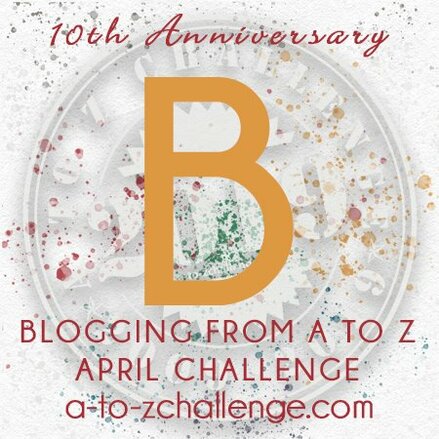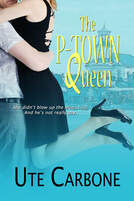

to portend a bright future as Rusty and I climbed aboard the Mona Lisa. Rusty pulled the throttle and morning birdsong gave way to the cough and rumble of an engine. Dark clouds scattered to the horizon and perfumed the air with motor oil.
“She’s a little rusty,” Rusty said, chuckling at his pun. “but she’s ship shape, don’t you worry about that.”
I all but rolled my eyes at him. My brothers were fishermen, my father and uncle had been fishermen, and my grandfathers, both of them, had been fishermen. In short, I came from a long line of fisher folk and I knew from boats. I would have bet my Portuguese American ass that the Mona
Lisa was hardly ship shape. “Does she come with a bailing bucket?” I asked Rusty.
Rusty chuckled again. “She’s a good boat. A good boat,” he said, petting the wheel as though she might be asked to go fetch.
“Did Leonardo da Vinci christen her himself?” I asked, scraping a flake of rust from her side.
“That’s good. Funny. No. How about we go below deck? I’ll show you the galley,” Rusty said, nearly running for the ancient stairs that led to the ship’s aptly named bowels. Below deck the Mona Lisa smelled as though she hadn’t been aired since she was built some fifty years earlier. Rusty, seemingly oblivious to the overpowering mildew, put a pudgy hand to the two-burner stove wedged into a dark corner.
“The stove’s near new,” he said, running his hand, which still bore his Provincetown High class ring, along the burner’s rim. The hand landed on the control knob and he turned the gas, which didn’t light the gas ring. He tried again, still nothing but a mild gassy odor accompanied by a strange hum that rose from the stove well.
For a minute I wondered if mildew could make a sound. Though if it could, I imagined it would be more like the hiss of a snake than a hum or a buzz. This noise had a definite buzzing quality. The pudgy class-ringed hand that Rusty had been using to turn the burner knob off and on and off and on
came up and swatted its owner on the ear. And in another half minute the buzzing materialized into a swarm of bees. Bees angry at being disturbed after long months of peace in the bowels of the Mona Lisa.
I grabbed the stair rail and chugged up the stairs, Rusty and the bees tight on my heels. And, although I was not inclined to swim the Atlantic in April, I hoisted myself over the boat’s side into the icy water. Rusty cannonballed in beside me, causing a wave that set the water around the Mona into a tizzy.
We climbed onto the dock looking like half-drowned seals. I’d worn the same dress and suede pumps that had so impressed Ned a month earlier. The pumps had changed from soft gray to ruined wet.
“The bees are no problem,” Rusty brushed down his chinos as though taking a dive into the North Atlantic fully dressed was something he did routinely. “We can fumigate. That’s all it will take. A little call to the exterminator and she’ll be right as rain. Important thing is she’s tight. She’s
one seaworthy boat.”
Rusty’s impromptu sales pitch was followed by a pop, which was followed by a hiss, which was followed by an earth-shattering boom. Rusty and I were hurled back into the water by the percussion. The tsunami in the explosive wake lifted us, flung us onto the beach, and left us there like
flotsam. What was left of the Mona Lisa was floating in bits and pieces on the waves, as was what was left of the dock and the Mona’s neighbors.
Ears ringing like the bells in the steeple of Notre Dame, Rusty and I were left dazed and numbed by the icy water, each looking to the other for proof that we had survived.
“That will solve the bee problem?” my brother Pete said over coffee at Ella’s Place the next day. “Please don’t tell me you actually said that to Rusty.”
I told him again that I did not blow up the boat. As to the comment, I take the Fifth.
Thanks for stopping by for day 2 of the challenge. There's lots of letters and excerpts left and I hope you'll join me again!


 RSS Feed
RSS Feed

